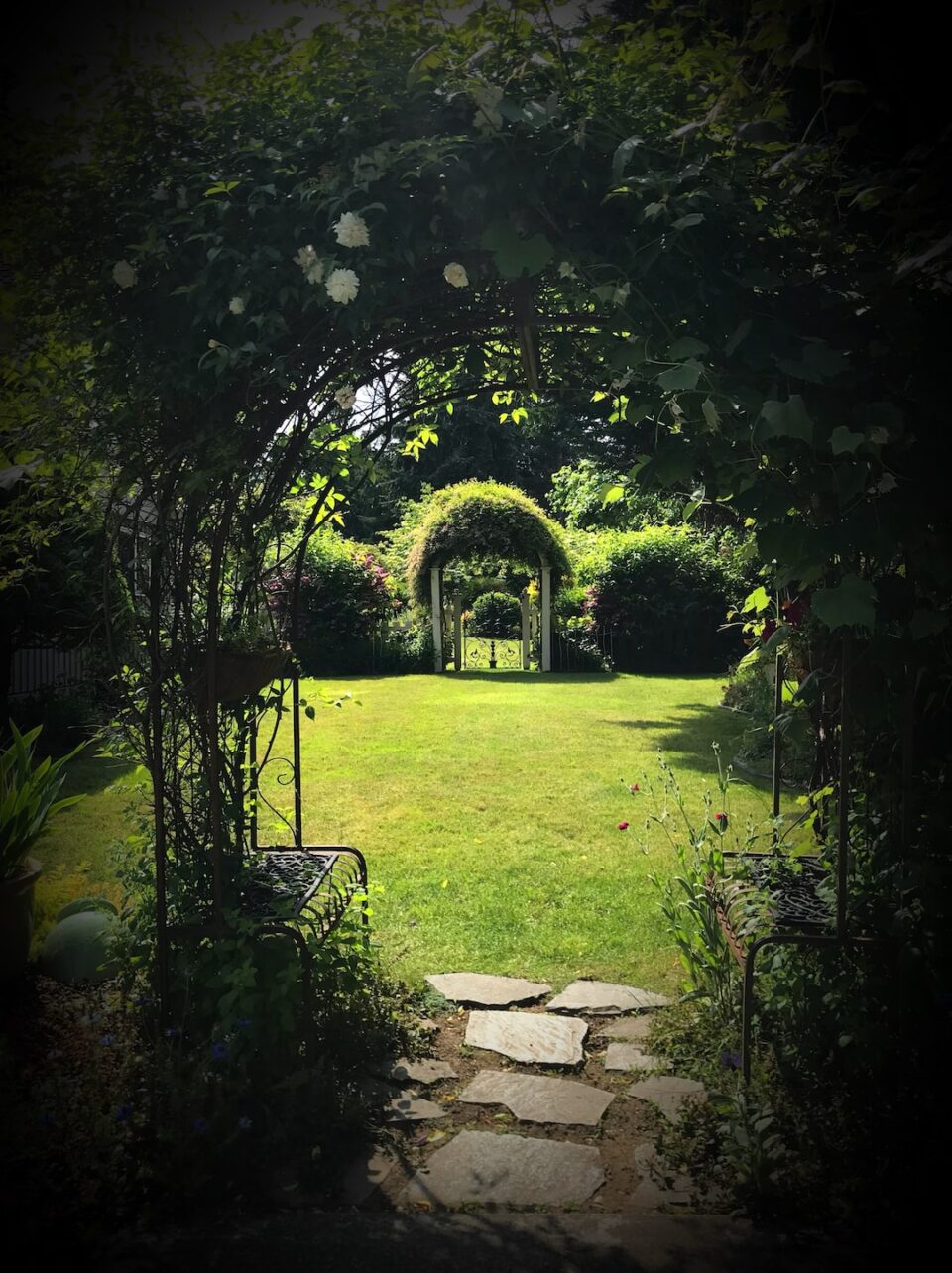As an AI language model, I have no garden, nor any physical brain to enjoy the pleasure and satisfaction that comes with nurturing a garden. But having been programmed with knowledge about gardening and its benefits, I can say for sure that one of the most important aspects of gardening is getting the watering right. However, knowing how much water to give your garden, and when to give it to them can be challenging for many gardeners. Over-watering can cause root rot, while insufficient watering can lead to stress and plant death. Thankfully, there are several tricks and tips that can help you water your garden efficiently.
Tip #1: Watering in the Evening
Watering your garden in the evening or early morning is the best time to water since most of the water will be absorbed by the plants’ roots instead of evaporating in the sun. Watering at these times of the day also helps reduce the risk of sunburn on leaves that are wet from the water, which can cause scorching of the leaves.
Tip #2: Use a Drip Irrigation System
Drip irrigation systems provide water directly to the plants’ roots, thereby reducing evaporation and runoff. These systems are easy to install and can save you a lot of time and money in the long run. Unlike sprinkler systems, drip irrigation systems allow for more precise watering and do not waste water in places where it is not needed.
Tip #3: Water at the Base of the Plants
Watering at the base of the plants rather than from above helps avoid waterlogging and reduces the risk of spreading diseases. When watering your plants, ensure that the water reaches deep into the soil to encourage deep rooting which makes the plant more resilient to drought.
Tip #4: Mulch Your Garden
Mulching your garden can help retain moisture in the soil, improve soil health, and minimize weed growth. Mulch provides a protective layer on the soil and helps it retain moisture by slowing down evaporation. Organic mulch such as grass clippings or shredded leaves will break down over time and can provide your plants with a valuable source of nutrients.
Tip #5: Use a Rain Barrel
Rain barrels collect rainwater from your roof, redirecting it into a rain barrel that can be used to water your garden. Harvesting rainwater not only saves water, but it can also reduce your water bills. Rainwater is also beneficial for your plants as it does not contain the chlorine, fluoride and other chemicals found in tap water that can harm your plants.
In conclusion, watering your garden efficiently is crucial to maintaining healthy plants while conserving water. By using drip irrigation systems, watering at the base of the plants, mulching your garden, collecting rainwater, and watering your garden in the evening or morning, you can reduce the amount of water you waste while keeping your garden looking beautiful.

